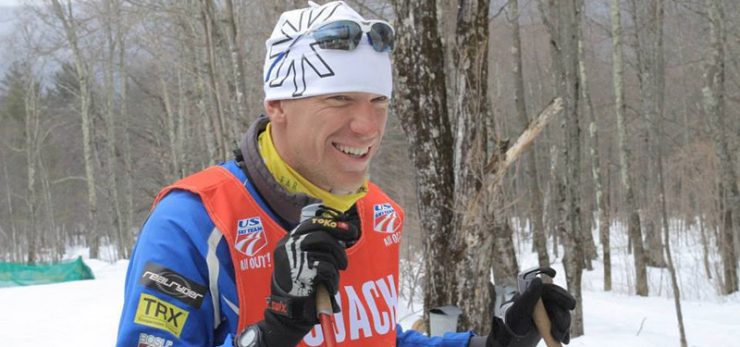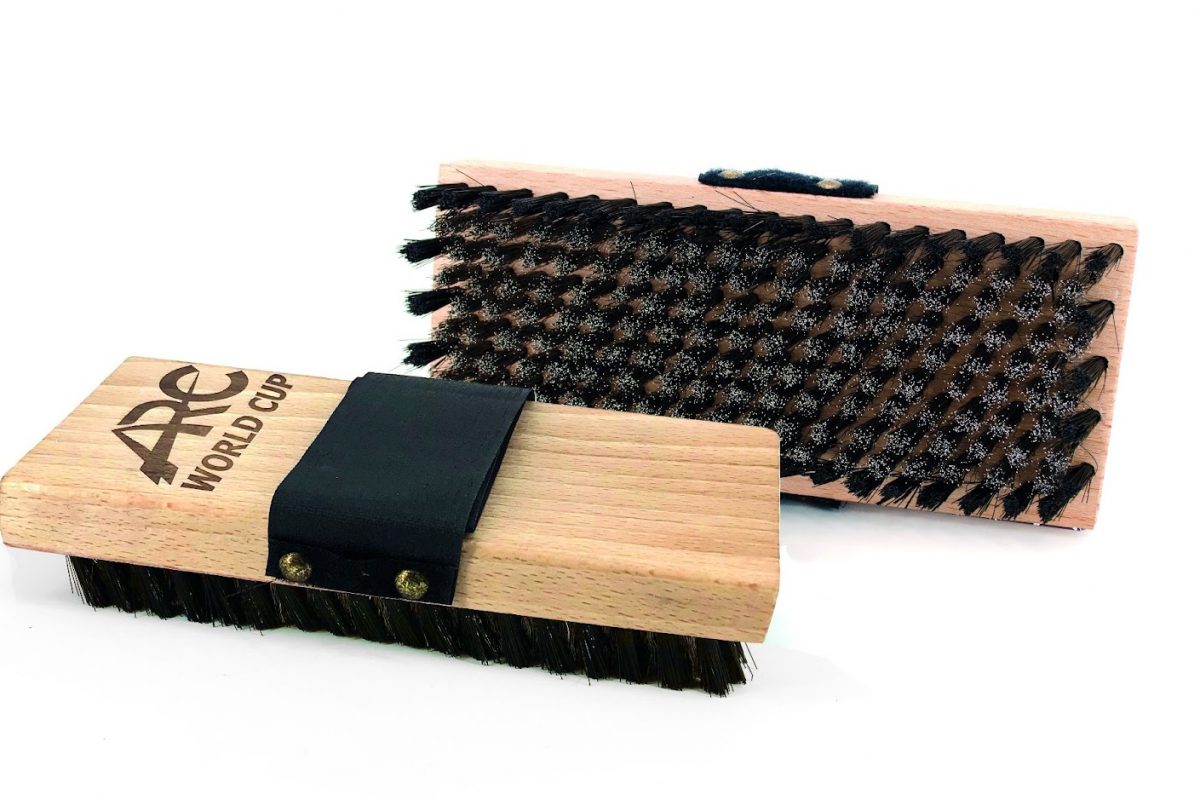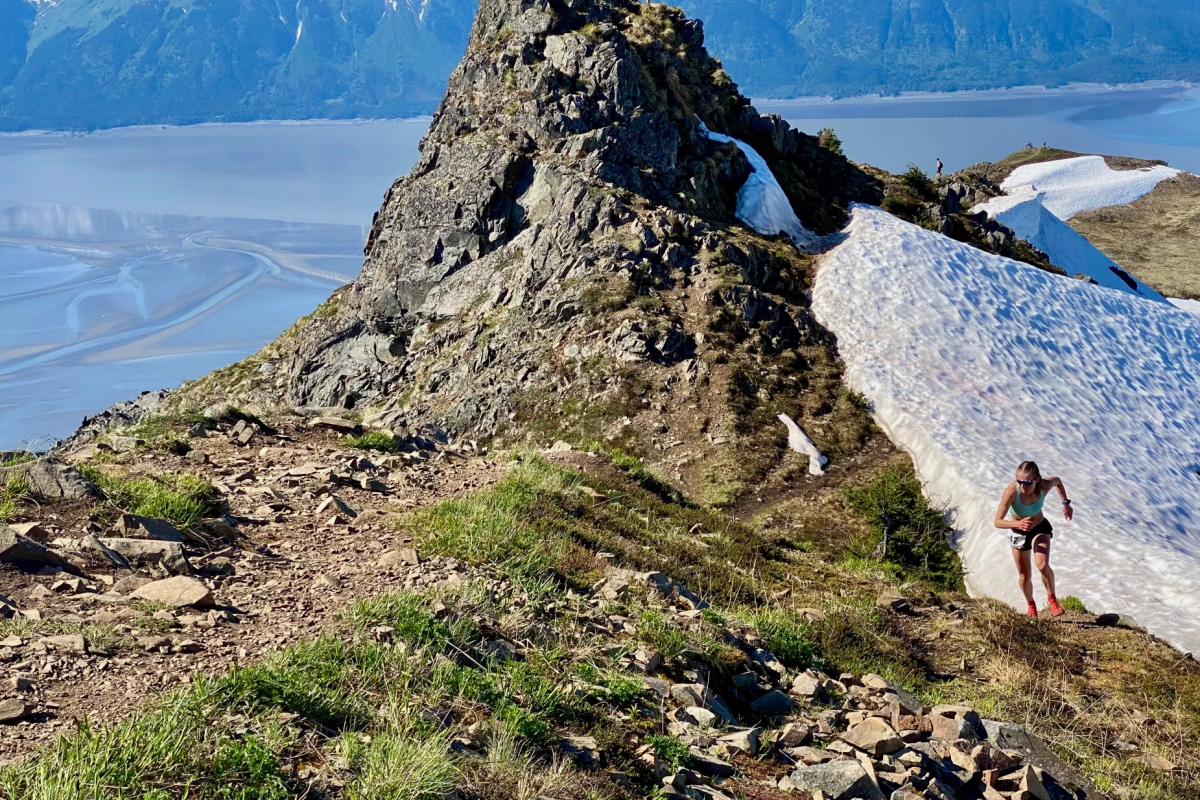
With Para Nordic athletes scattered around the country, making the best of sub-optimal proximity to athletes has been a challenge. Coaches of the U.S. Paralympic Nordic Ski Team turned an eye towards utilizing virtual meetings for check-ins and a substitute for in-person coaching.
According to Eileen Carey, Director of the Paralympic Nordic Ski Team, the team’s development athletes made use of the virtual sessions several times each week. Virtual meetings included “training sessions, camps, education sessions, and intro to para Nordic/biathlon.” The team’s veterans incorporated virtual sessions into their training and team social networking less frequently. Carey wrote that she planned on using virtual sessions in their post-pandemic athlete development program more regularly.
***
Martin Benes, head coach of the Paralympic Nordic Ski Team, explained how the team remained connected and improved both as a staff and community.
Virtual development camp: A chance for developing athletes to connect with our staff and go through some workouts including mobility, strength, and a virtual intensity session. This was successful and definitely some lessons learned about home videography, especially for strength sessions. All in all, a really good experience and some of our development athletes have been connecting for ongoing virtual workouts. It’s a great way for athletes to stay connected and also have some training partners for indoor workouts.
Virtual meet and greet: A chance for athletes interested in pursuing Paralympic Nordic skiing to connect with our development staff and learn more about potential pathways in the sport. Definitely a take away from this pandemic that the virtual space is a great and easy way to conduct some of these types of outreach efforts. We’ve been able to reach more people in a more meaningful way.
Coaches Education project: One of the big things we’ve been working on as a whole staff is building out a platform to educate coaches on working with para/adaptive athletes. The target audience will largely be experienced cross-country and biathlon coaches in this country who are interested in expanding their programming to incorporate adaptive skiers. We’re working on content creation still and will be capturing video this winter to flesh out the modules. This year it seems like a lot of coaches’ education has moved into the virtual space and it’s actually given us some great momentum for this particular project.
Team building: Now more than ever, it’s felt important to connect as a team and ensure that we are working to create a positive and proactive team culture. We started with some great chats over the summer with some folks from the cross-country and biathlon world and have moved into some more focused teamwork this fall. It was good to hear some different perspectives about team culture, goal setting, and mental approaches to racing. It can be challenging to move this type of work into the virtual space but so far it’s been positive and we hope to keep building on that through the winter. We’ve had strong team culture in the past and this process is focused on making sure we maintain that especially with some new athletes coming into the program.
Training: One of the big differences in staying home is that there’s this strange opportunity to actually train more consistently than when we’re traveling for camps. In addition, some of our athletes who are competing in summer sports missed their competition seasons and as a result, we saw these really solid blocks of training. The strange result of these turbulent times is that our athletes are coming into this winter with really consistent training.
Jason Albert
Jason lives in Bend, Ore., and can often be seen chasing his two boys around town. He’s a self-proclaimed audio geek. That all started back in the early 1990s when he convinced a naive public radio editor he should report a story from Alaska’s, Ruth Gorge. Now, Jason’s common companion is his field-recording gear.



